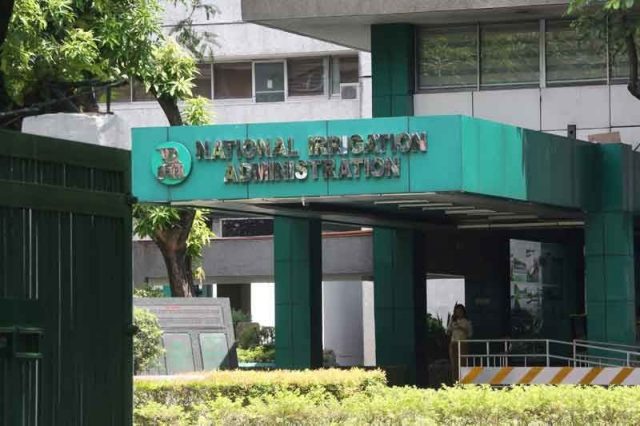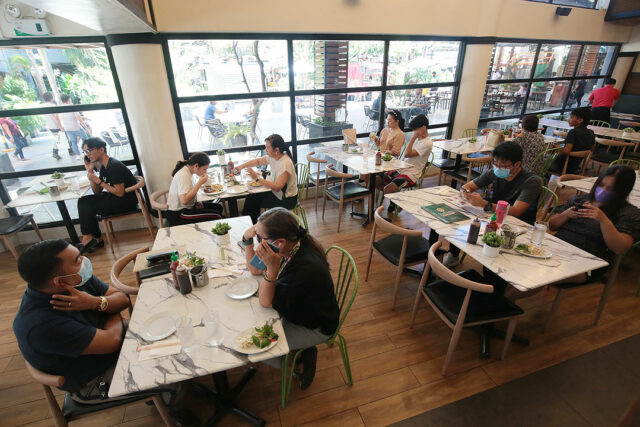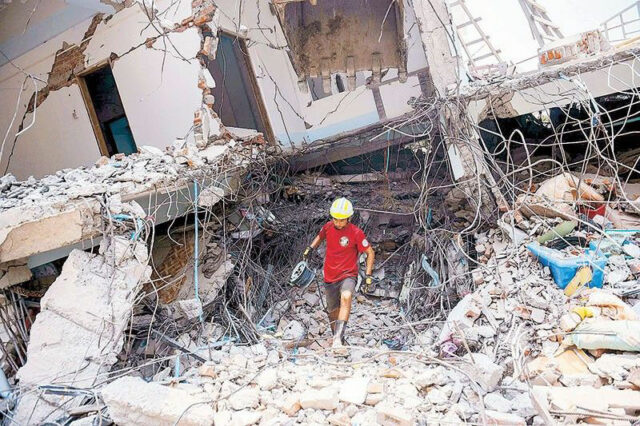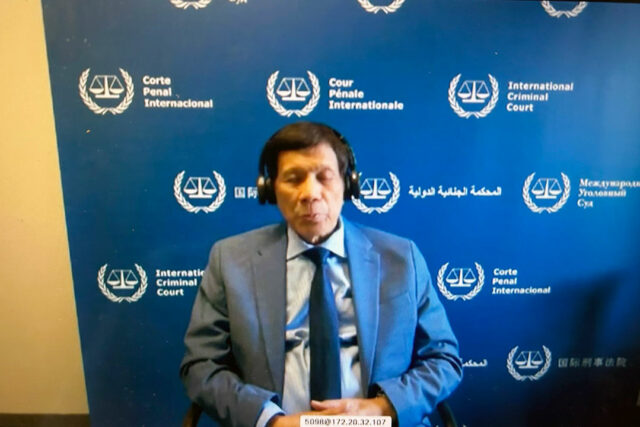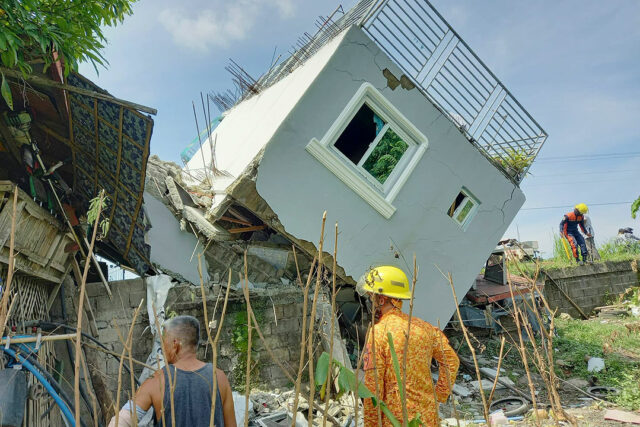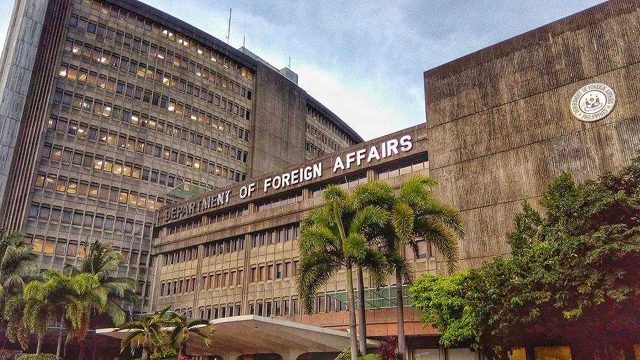Manufacturers’ supply chain worries multiply as tariff walls start going up
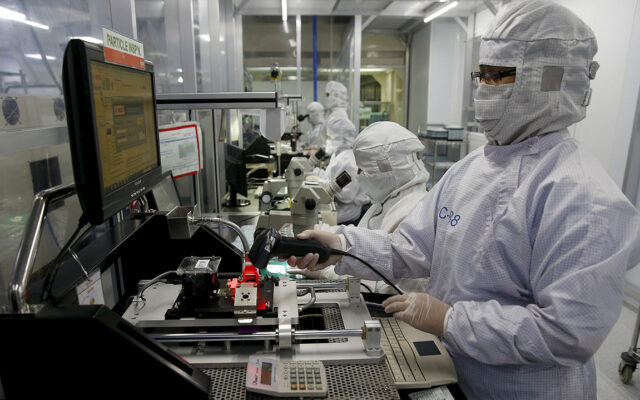
MANUFACTURERS, already worried about the lack of resilience in their supply chains, are bracing for further disruption as trading partners start erecting tariff barriers.
“Supply chain security (is a challenge) because right now you are seeing a lot of disruption,” according to Earl Lawrence S. Qua, president of the Electronics Industry Association of the Philippines.
“Tariffs are creating new barriers, and we feel that there are counter tariffs coming in once the initial tariffs are made. So it could have a cascading effect. Of course, it is something we are just projecting at the moment, but it is hard to predict,” he added.
He said that the electronics industry is more exposed to global events, being export-oriented.
“Not many companies are making big decisions at the moment. So you are looking at a potential US slowdown. Those are the things that we are paying attention to as far as growth is concerned,” he said.
However, he said the Philippines could both benefit and be potentially affected negatively by the US tariffs.
“Having said that, if you look at the trade balance between the US and the Philippines compared to, let’s say, China, Mexico, and Vietnam, we’re fairly balanced in trade,” he said.
“We’re not very high on the list of potential targets for additional tariffs. So we as a country might benefit from that. There’s some insulation, but it’s very hard to predict the actions of the current US administration,” he added.
Jimmy T. Chan, Metalworking Industries Association of the Philippines – Metro Manila president, cited smuggling and lack of standardization as key issues.
“These two are very urgent, and if they can be resolved, I think it would benefit the manufacturing industry, particularly the metal sector,” he said.
He said the Bureau of Philippine Standards is not implementing standards in terms of which products can be used as roofing material.
Philippine Chamber of Food Manufacturers, Inc. Marites T. Directo said the industry’s biggest issue is logistics, which she identified as a significant cost apart from cost of materials.
“Disruption in transportation routes due to conflicts affects timely delivery of goods and increases freight costs, while fluctuations in currency rates affect fuel prices, resulting in an increase in distribution costs,” she said.
“Availability (of materials) due to climate change and accessibility of inputs leads to shortages and price increases. All of these will have an impact on manufacturing costs,” she added. — Justine Irish D. Tabile



